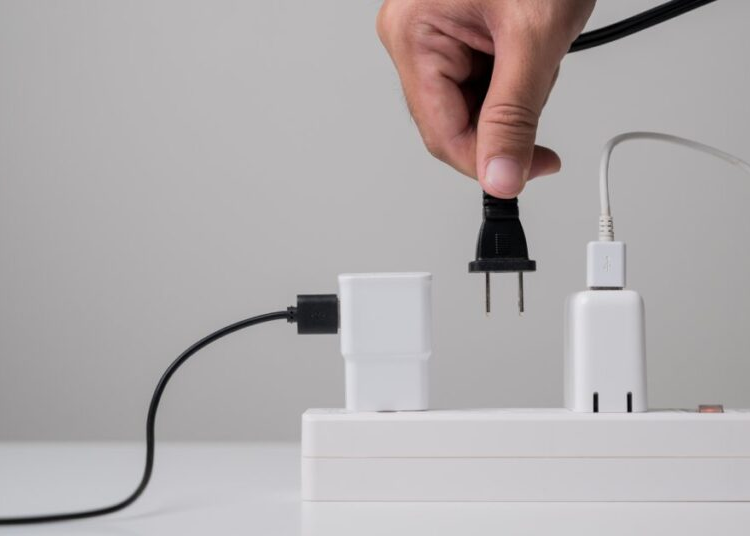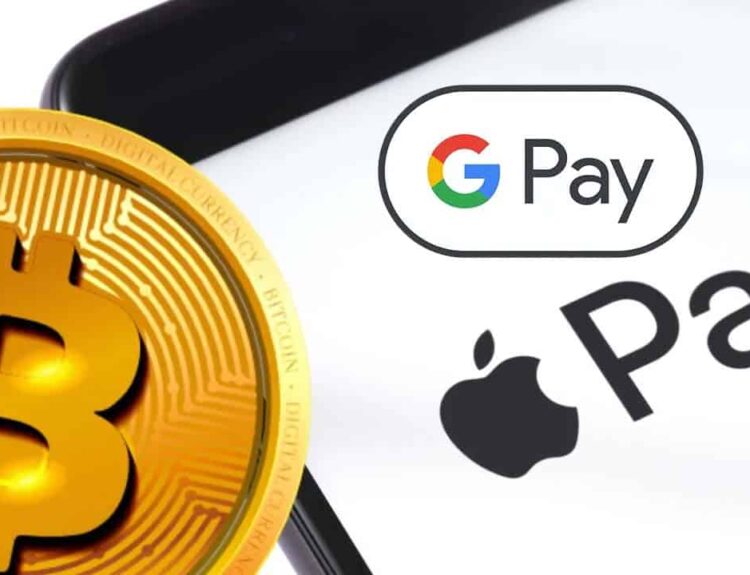
Since cell phones transformed the world, many misconceptions and tales about how they work or their dangers have risen. We’ll debunk a few common myths about cell phones you’ve no doubt heard at some point.
Overcharging Damages on Battery
There was a time when this myth was completely true, but it has lost its footing with modern phones and chargers. In the earlier days of cell phone technology, a fully-charged cell phone left on the charger could have a damaged power storage capacity.
Modern smartphones have improved and know when they’ve reached their maximum power storage capacity. Nowadays, when a cell phone is completely charged, it will stop drawing electricity, even if it’s still connected to a charger. This feature preserves the battery, so don’t worry if you fall asleep while your phone is charging; overcharging won’t damage the battery.
Cell Phones Dangerous Radiation
Perhaps the oldest and most common myth about cell phones we can debunk is they emit dangerous amounts of radiation that can cause significant health ailments like cancer. This myth has followed cell phones ever since they entered society decades ago. Countless people still refuse to keep their phones in their pockets or hold them close to their heads while talking because of the fear of radiation poisoning.
Like many great myths, there’s a nugget of truth—cell phones emit a small amount of radiation, but it’s completely harmless. They give off the same amount of radiation as a light bulb in your house. Manufacturers even put in cell phone radiation shields as a precaution. After decades of studies and research, there’s no evidence that cell phone use and cancer are related.
Wet Phone? Put It in Rice
Many of us have accidentally gotten our phones wet—whether we spilled a drink or dropped it in a pool or somewhere else. What do people always say when a phone gets wet? Put it in rice!
While many claim it works, the idea that the rice will dry out your phone quickly is a myth. If your phone works after putting it in a bag of rice, it dried out on its own time—the rice had nothing to do with it. No reason to waste a bag of quality rice on your phone! Just let it dry out on the countertop.
Cell Phones Demagnetize Credit Cards
Another common myth many cell phone owners believe is never keeping the phone in the same pocket as a credit card, as the phone can demagnetize the card’s magnetic strip. Cell phones indeed have small magnetic fields, but all electronic devices have them. These fields are not strong enough to damage a credit card’s magnetic strip.
The greater danger to your card’s magnetic strip is magnets in wallet clasps or money clips. They are much more likely to damage a magnetic strip than a smartphone.
Common Misconceptions About Your SmartPhone
Most of us use our smartphones every day. Regardless of what make or model you have, it’s normal to grab your phone to text your friend, snap that photo, or look up the name of that guy in that movie you saw when you were 12.
No matter how often we use them, there are still several common misconceptions about smartphones that people believe. Here are some of our favourite myths, from the seemingly logical to the positively absurd.
Charging Overnight Damages Your Phone
There is some truth that batteries may become weaker if you overcharge them. However, your smartphone typically knows how to stop that from happening when you leave it overnight. While it may take a few minor hits from dropping to 99 percent only to charge back up to 100 percent, you shouldn’t notice any significant damage to your phone’s battery life by charging it overnight.
Phone Radiation Can Cook an Egg
One of the most absurd misconceptions about your smartphone is the once-held belief that it emits enough radiation to fry an egg. While it is true that your phone and most electronics emit a harmless form of radiation called non-ionizing EMFs, there’s no way for them to cook an egg or scramble your brain. However, if you are genuinely concerned about these waves, you can use a signal booster to decrease radiation in your home.
Phones Are Dangerous at Gas Stations
Almost every gas station has signs warning people not to use their phones when at the pump. This isn’t bad advice since your phone may cause a distraction, but the myth is that, somehow, the electronics in your phone will cause an explosion. There hasn’t been a single recorded instance of this happening, and most gas station fires or explosions result from static electricity generated by you getting out of the car. Just remember to discharge your electricity before touching the pump, and don’t worry about using the next few minutes to text your mom.






